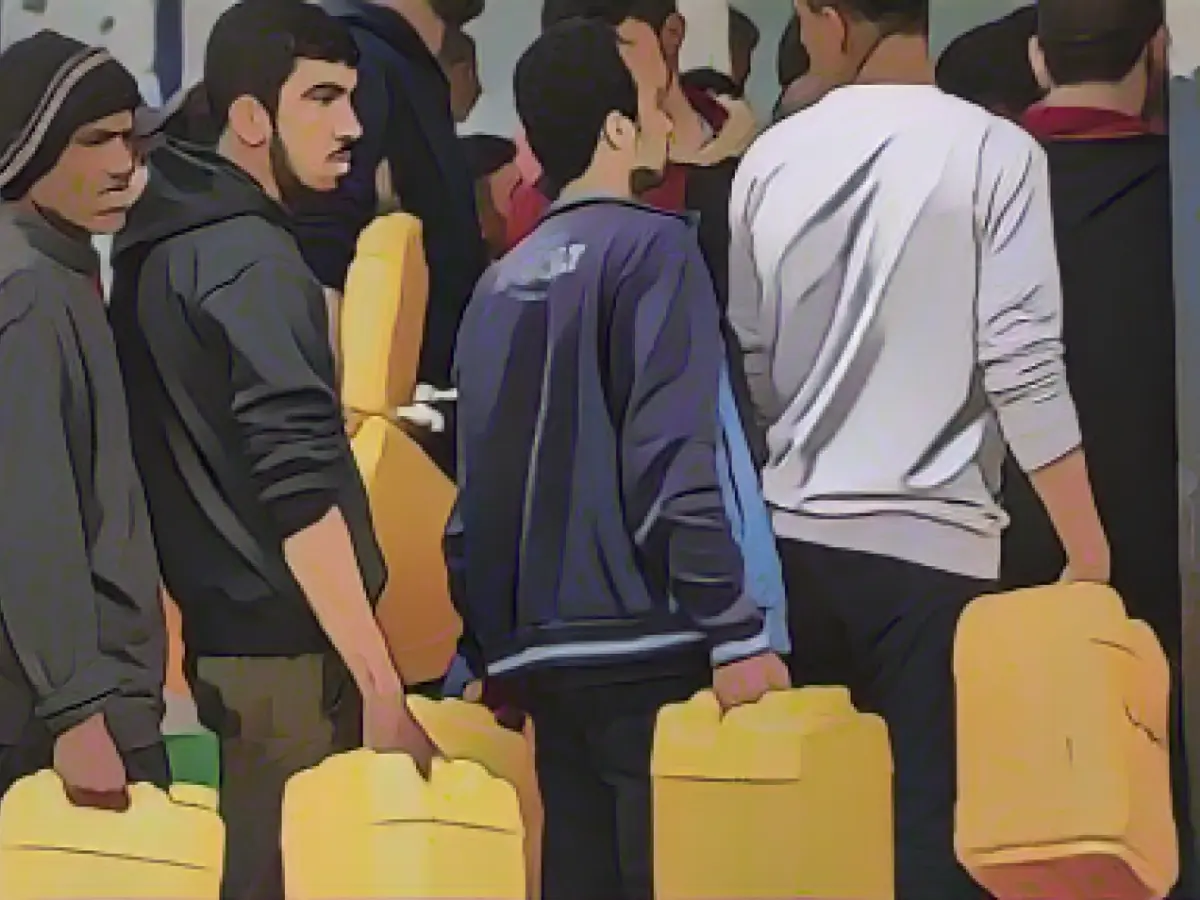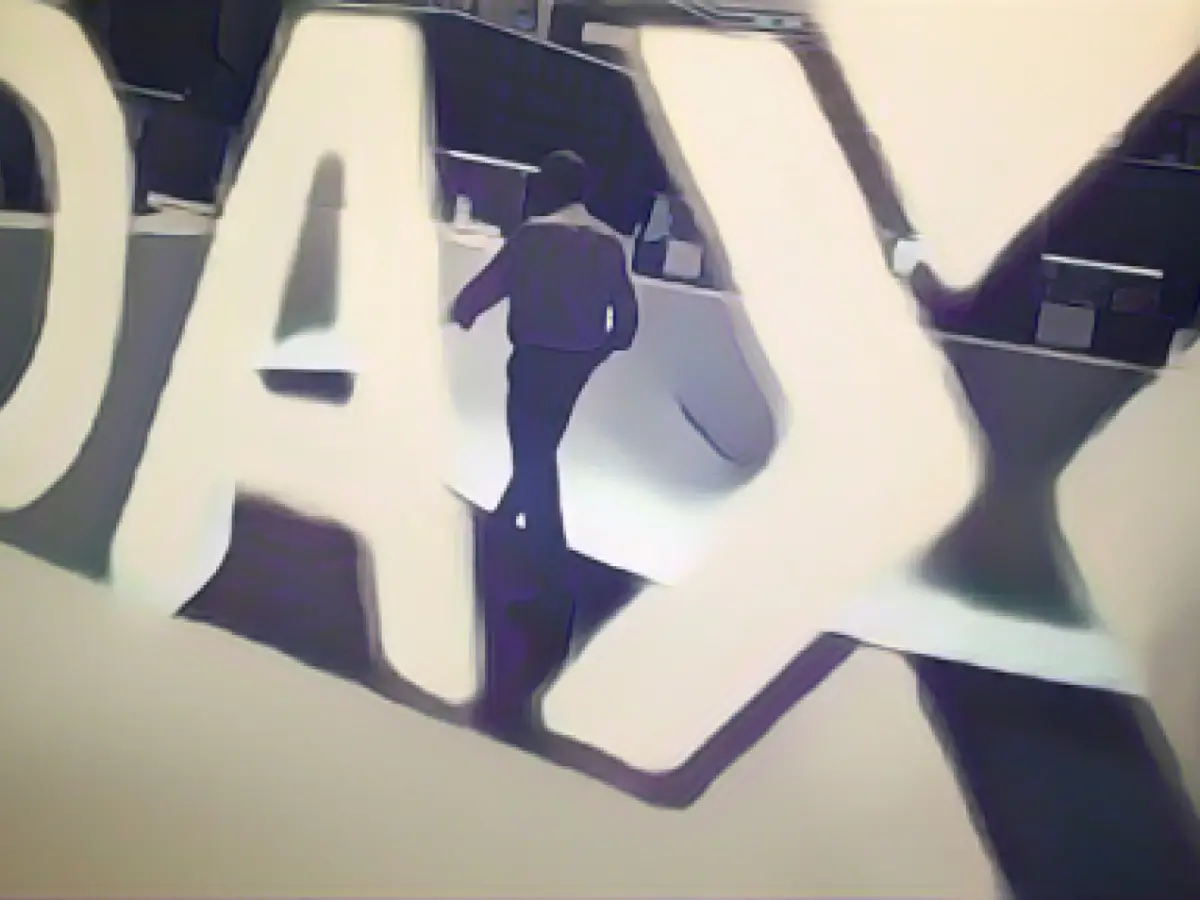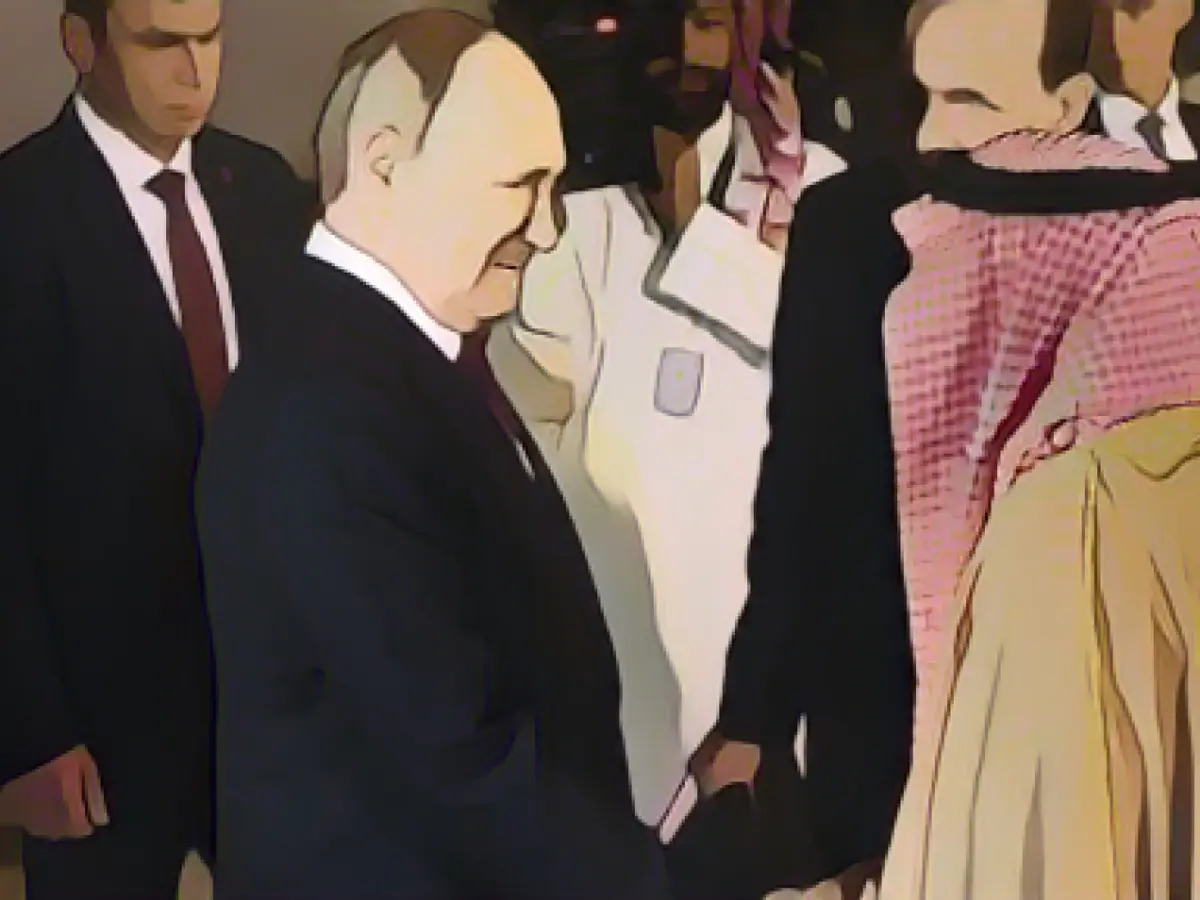United Nations Calls for Urgent Ceasefire in Gaza Crisis: A Plea for Peace
In a desperate plea for peace, the UAE has proposed a new resolution to the UN Security Council, urging an immediate humanitarian ceasefire in the Gaza Strip. The UAE's Permanent Mission shared this stance via messaging service X (formerly Twitter) on Thursday, emphasizing the significant need for the council to act swiftly.
The situation in the Gaza Strip is swiftly spiraling out of control, and swift action is required to prevent irreversible damage. The UAE's plea to the UN Security Council underscores the urgent necessity for a ceasefire to protect the civilian population.
Guterres Turns to Rare Measure
In a revolutionary move, UN Secretary-General António Guterres appealed to the UN Security Council, invoking Article 99 of the UN Charter. This provision allows the Secretary-General to bring attention to matters that could potentially threaten international peace and security. It was the first time Guterres had employed this power since taking office in 2017.
Guterres' call for a humanitarian ceasefire in Gaza reflected his concerns about the worsening humanitarian situation and the need to spare the civilian population further pain. However, his intervention has attracted criticism from Israel, which sees his actions as support for the Hamas terrorist organization.
Mixed International Responses
The worldwide community's reactions to the Gaza Strip crisis have been divided. While Israel's Foreign Minister Eli Cohen condemns Guterres' actions, EU High Representative for Foreign Affairs Josep Borrell advocates for the ceasefire and encourages EU members in the UN Security Council to back his initiative.
The prolonged conflict in Gaza underscores the importance of international cooperation and diplomacy for achieving a lasting resolution. With efforts focusing on enforcing a humanitarian ceasefire, the global community remains hopeful and concerned, eagerly awaiting a turning point in the long-standing conflict.
Background Information:
According to recent developments, a ceasefire agreement was reached on January 15, 2025. This agreement, which commenced on January 19, 2025, includes the gradual and sequential release of Israeli hostages in exchange for Palestinian detainees, the withdrawal of Israeli forces from populated areas except for buffer zones, and an expansion in humanitarian aid delivery into Gaza.
Since the ceasefire's implementation, thousands of humanitarian trucks, including UNRWA assistance, have entered Gaza, delivering essential supplies. UNRWA Commissioner-General Philippe Lazzarini emphasized the urgent need for timely, unrestricted, and uninterrupted humanitarian access to address the suffering from the conflict. UNRWA has accelerated aid delivery, restored educational services, and provided primary healthcare in Gaza.
International backing for the ceasefire is vital for its success. The UN Secretary-General António Guterres welcomed the agreement and emphasized the importance of increasing humanitarian aid to overcome significant challenges. Meanwhile, the European Union (EU) has criticized Israel's actions, labeling the siege of Gaza as illegal and dismissing evacuation orders as unrealistic. The EU has pledged €275 million in humanitarian aid for Palestinians, with €125 million earmarked for UNRWA, despite ongoing internal investigations into certain staff actions.
Despite these developments, challenges persist. Israeli Knesset legislation against UNRWA, including the no-contact policy with Israeli authorities, has forced UNRWA international staff to leave East Jerusalem. Moreover, the presence of explosive ordnance in newly accessible areas threatens civilians and humanitarian workers, highlighting the need for ongoing vigilance and cooperation for lasting peace in the Gaza Strip.
Additional Insights:
- The ceasefire agreement mandates a phased and sequential release of Israeli hostages in exchange for Palestinian detainees.
- The agreement requires the withdrawal of Israeli forces from populated areas, except for buffer zones.
- The deal also calls for an expansion in humanitarian aid delivery into Gaza.
- Since the ceasefire implementation, thousands of humanitarian trucks, including UNRWA assistance, have entered Gaza, playing a crucial role in delivering essential supplies.
- The United Nations and the European Union are critical of Israel's actions and have pledged significant financial aid to address the humanitarian crisis in the Gaza Strip.
- Challenges remain, including Israeli Knesset legislation against UNRWA and the presence of explosive ordnance in newly accessible areas.








